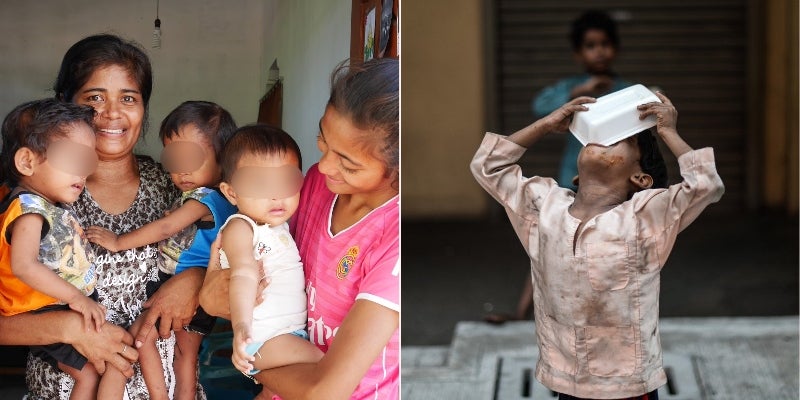We know that the Covid-19 pandemic had hit poor families in Malaysia a little harder than others, but now we’re finding out to what extent.
A new study by United Nations agencies, Unicef and the UN Population Fund (UNFPA) shows that many Malaysian families had to resort to instant noodles to survive, with their children unable to access education syllabuses because they don’t have computers or internet for e-learning.
The report, titled ‘Families on the Edge‘, revealed how badly the pandemic wreaked havoc on Malaysia’s B40 community.
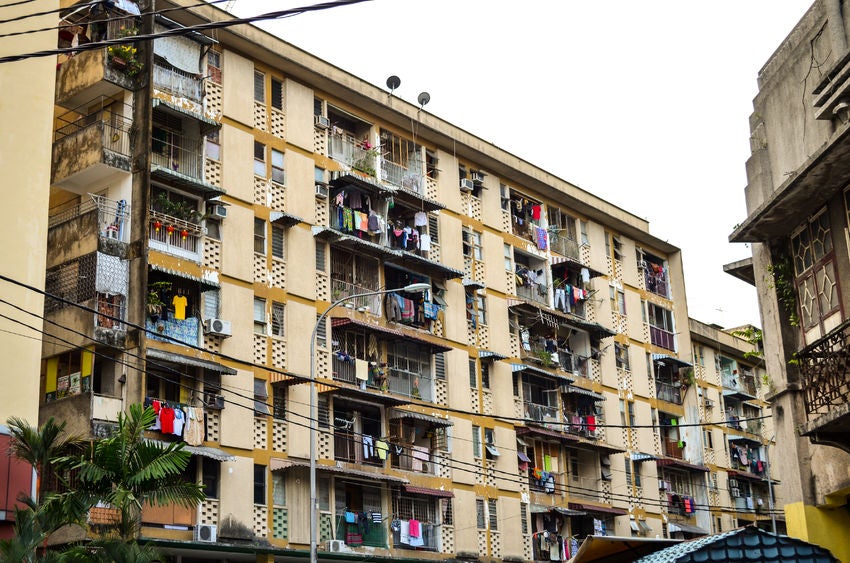
The agencies interviewed 500 families living in low-cost flats, in which a quarter of the household heads were unemployed and close to a third of them had their working hours cut back. This caused them to find it hard to access health care, especially considering more than half of them were not covered by government social protection schemes.
A good 40 per cent of the interviewees had to rely on instant noodles more than they did before the Movement Control Order (MCO) was implemented, while more than half consumed more eggs.
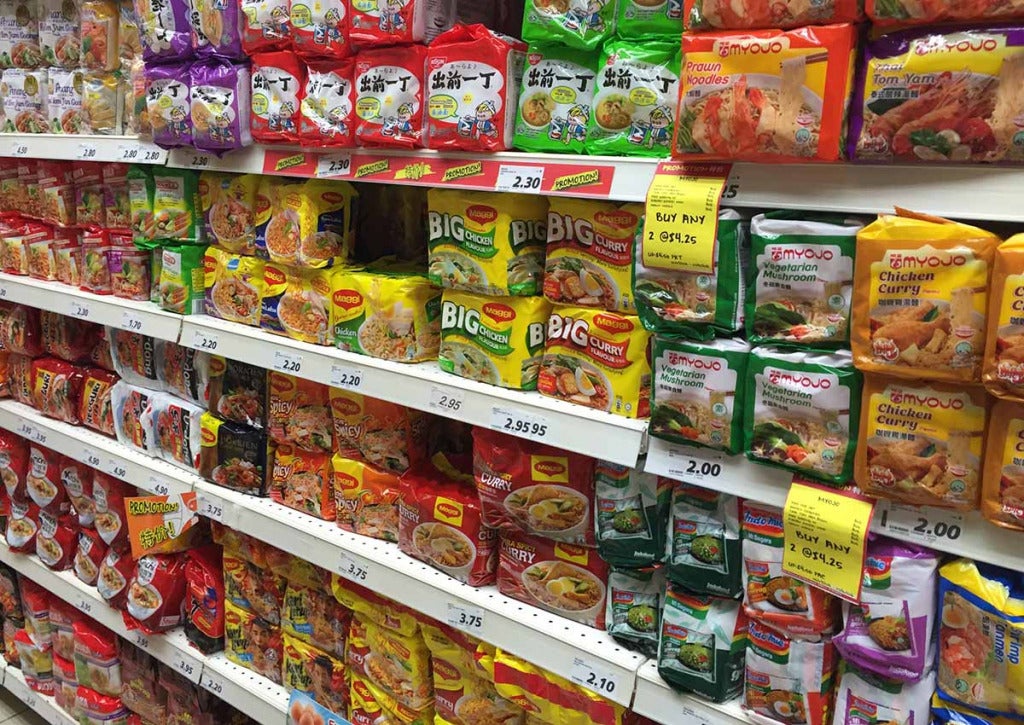
As according to the South China Morning Post, Muhammed Abdul Khalid, the managing director of DM Analytics shared that the change in the B40 community’s diet was quite shocking.
“Egg consumption skyrocketed as one of the cheapest proteins. Rice went up 40 per cent, as did noodles. Fruits, far less. We can already predict issues of malnutrition. One in three kids already face malnutrition, and with schools shuttered many children were not even able to access government-funded breakfasts,” he said.
Some of the families also had to tighten their belts to just one meal a day.

“One respondent told me they relied on canned food, that fresh food was sold at prices for ‘pharaohs’. Another said they had to pawn belongings or borrow from loan sharks to cover medical bills,” he added.
Another respondent shared that he had to result to pawning their belongings and borrowing from loan sharks in order to pay medical bills.
“I have to borrow from ‘along’ to pay for my mother’s medical bills. Around RM2,000. I don’t have anything to pawn anymore.”
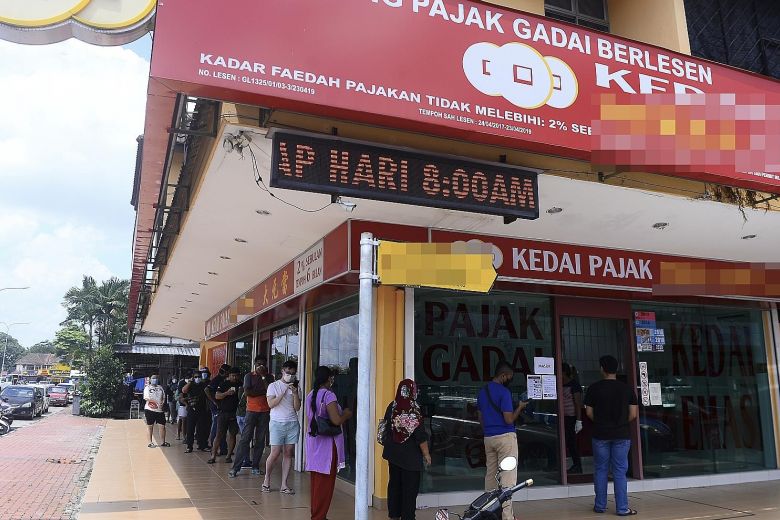
The study also found that 21 per cent of these families were unable to participate in e-learning. 42 per cent were reported to not have the equipment necessary for online study.
Yet, despite their difficulties, the B40 community may very well be some of the most optimistic people out there.
“We can’t depend on anybody else or the government during this period. We need to ask what we can do for the country, not what can the country do for us. I am grateful right now,” said a 55-year-old respondent.
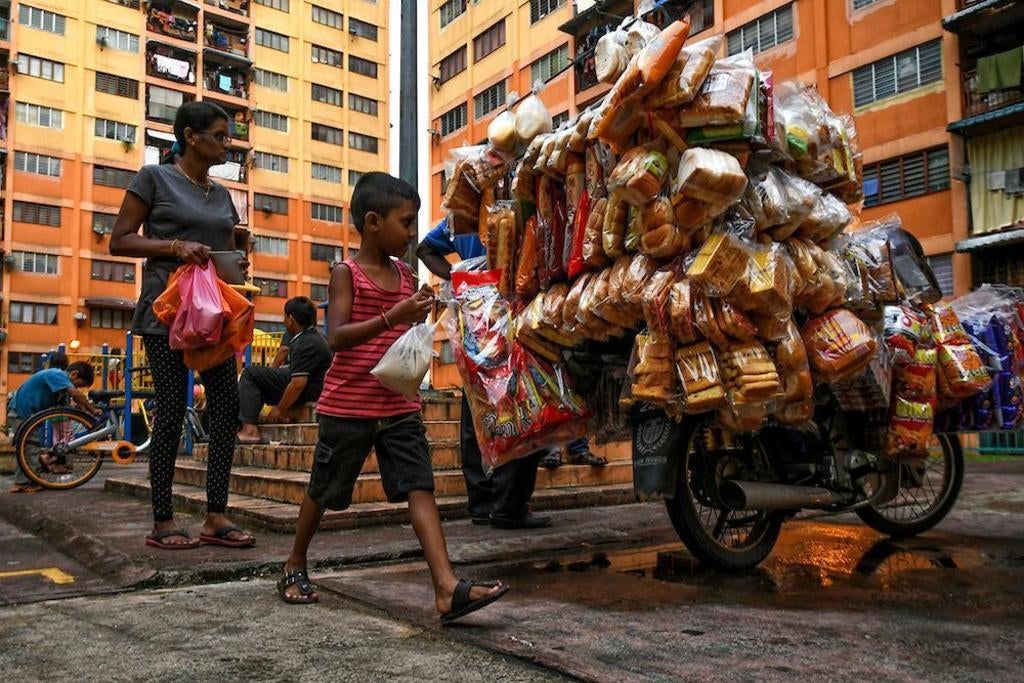
Another interviewee spoke about having her family with her during the pandemic.
“It feels livelier since everyone is at home,” she shared.
Considering the hardships that they have to endure on a daily basis and their enthusiastic outlook on life, we truly need to learn how to be grateful with the simple luxuries that we take for granted every day.
The struggle ends when gratitude begins.
Also read: Worker In Dubai Draws Heart On Ground Because He Misses His Wife & Family, Wins Hearts Everywhere

